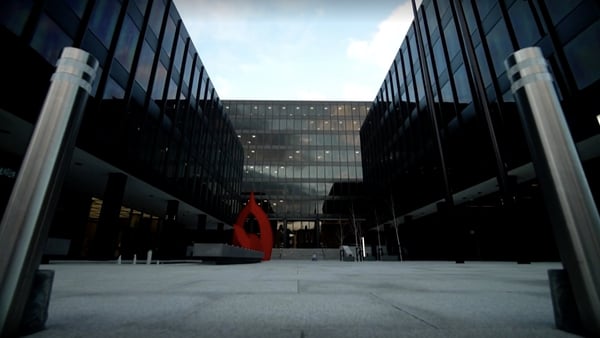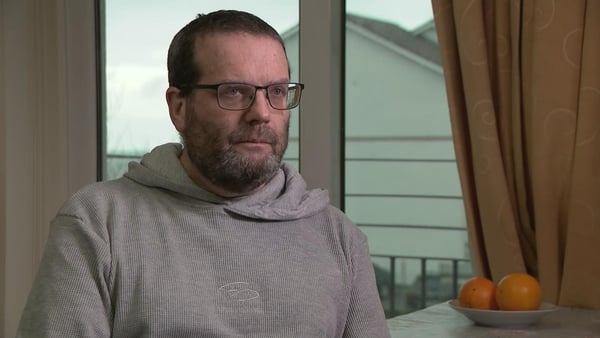Sharing the most detailed and intimate information is part and parcel of assessments and therapies for autistic children.
These assessments can involve home visits and examinations in the classroom. Parents have to disclose how their child was reared, their interaction with siblings and how they were disciplined.
That is why Inclusion Ireland, the national body for people with intellectual disabilities, said that the secret Department of Health dossiers uncovered by RTÉ Investigates constituted a "gross breach of trust" for parents.
Sharon McCarthy, a parent of five children with autism, told RTÉ Investigates that parents find it very difficult to open their families up to such scrutiny.
But they feel it is necessary so that medical professionals know how their children react to the circumstances they are confronted with.
"Nobody wants to share sensitive information that might shed a negative light on their child," said Ms McCarthy, who advocates for others through Autism Journeys, a support service and radio broadcast.
She said that the dossiers, which were used to aid departmental legal strategy, therefore represented a "level of betrayal" of parents.
"It beggars belief that any institution would continue to acquire information about these young people in order to use this information and to breach their confidence in a way that is not keeping that young person central."
Dr Pauline Conroy, a social policy analyst who has researched the experiences of people with disabilities in Ireland, said that trust was at the core of the system.
Read more:
Department of Health built secret dossiers on children with autism
"Without trust, the system breaks down," she said.
"Parents with children with disabilities face extraordinary dilemmas in how much to say and how much not to say. They are in a bind in a way. They trust implicitly into those they provide information on their child, his or her progress, his or her behaviour. The child may not be able to speak, and the parent is discerning the child's gestures."
Because of this trust, she said, parents are prepared to disclose sensitive personal details in the hopes that doing so may help the professional assessments of their children.
Parents also fear that holding back information could prevent their children from getting a diagnosis that would give them access to the services they need.
Inclusion Ireland said that the dossiers, which include the sensitive medical and educational information of children involved in long-dormant court cases, raised questions about the faith parents put in the system.
"It is highly disturbing to think that sensitive information is being collated in this manner – when families are at a low ebb and seeking help from the State, to be potentially weaponised later during legal disputes," said Lorraine Dempsey, the interim chief executive of Inclusion Ireland.
In a statement to RTÉ Investigates, the Health Service Executive said it would not knowingly allow any breaches of doctor-patient confidentiality.
"We would not knowingly share personal information in breach of doctor/patient confidentiality or otherwise unlawfully, and we take our obligations in this regard very seriously".
However it said it "is normal practice for defendants to litigation to share information, and we do so from time to time to assist in the management of certain High Court cases taken against the State".
The Department of Health said "it is normal practice for defendants to litigation to co-operate and share appropriate information with each other required for obtaining legal advice and/or defending the proceedings".






